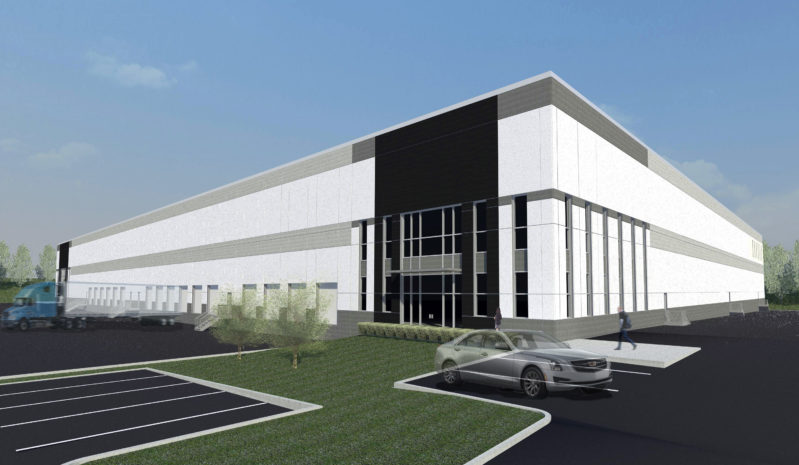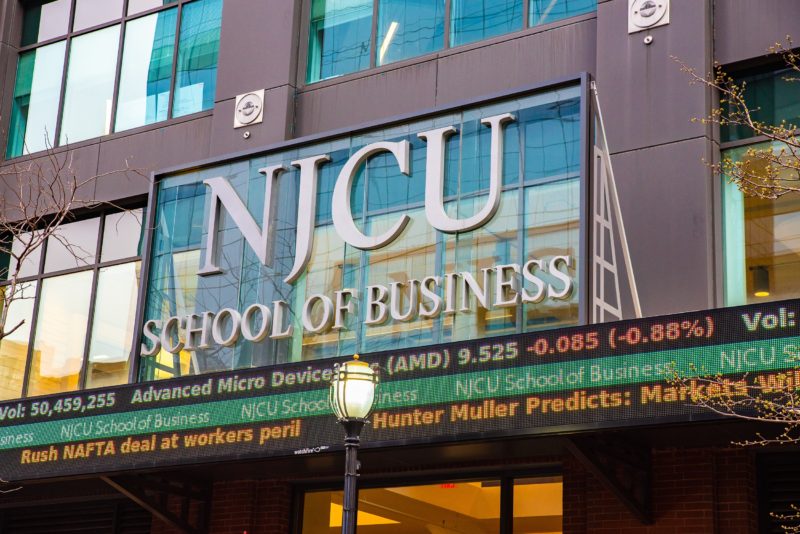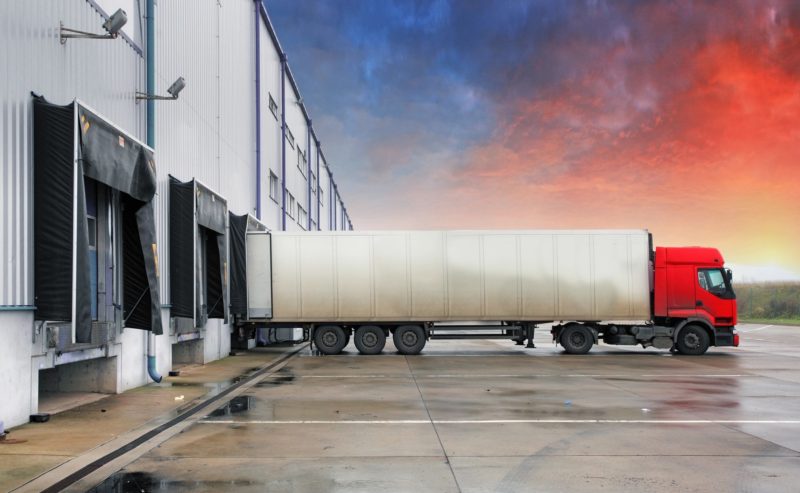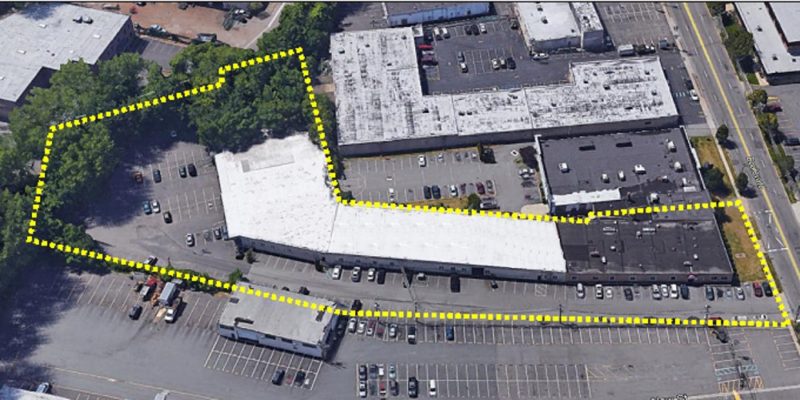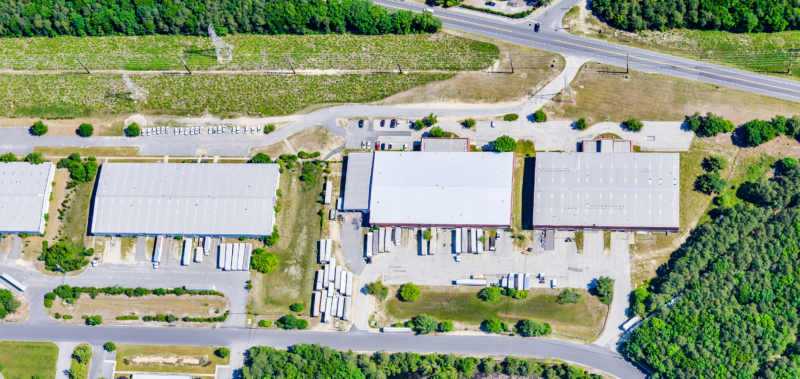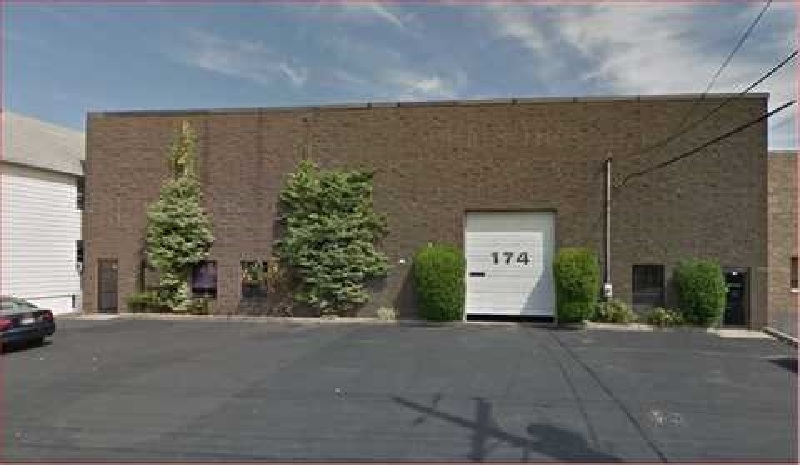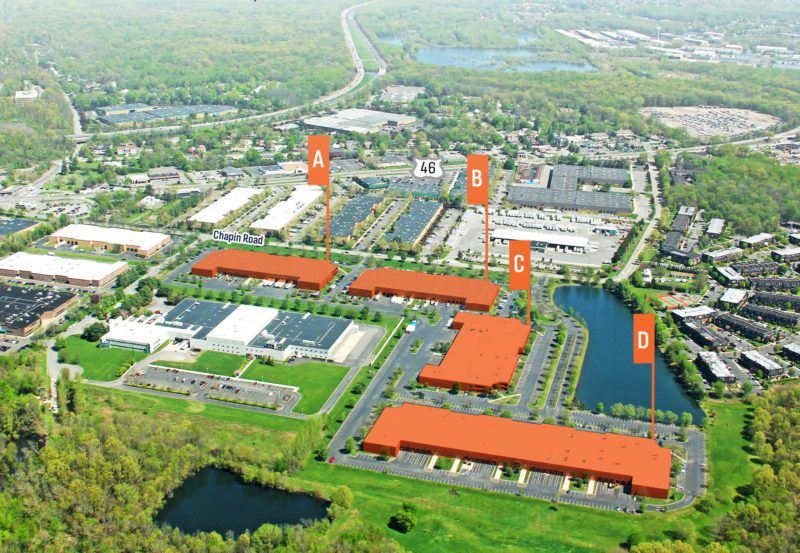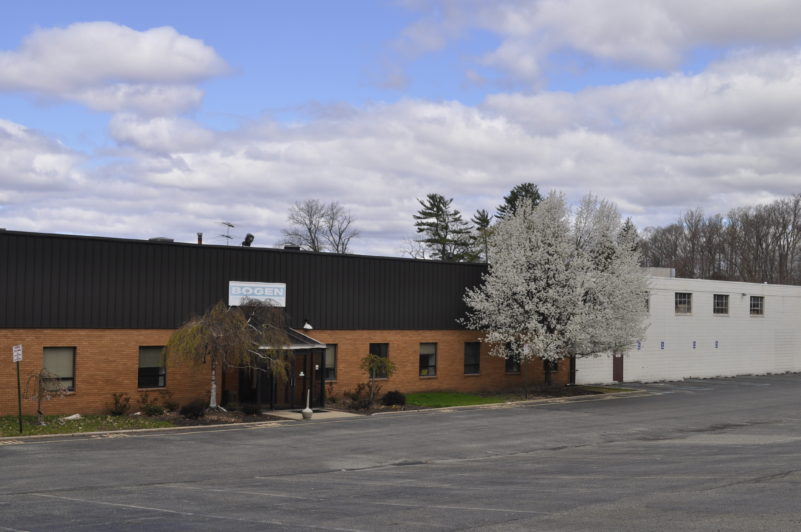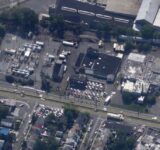Onyx Equities is moving ahead with plans to raze an obsolete, 1960s office building in Mahwah and redevelop the site as a new 120,000-square-foot industrial building.
Industrial
Owning or leasing industrial space in New Jersey means you’re within one day’s drive of one-third of the nation’s population. That means the state continues to be a hotbed of warehouse and logistics activity.
‘Fierce competition’ in focus at Rutgers CRE finance summit
For a market that is seeing an extended growth period, it isn’t all that complicated to sum up what exactly is driving the major trends in commercial real estate lending: Fierce competition. At least, that’s according to panelists at a recent conference hosted by the Rutgers Center for Real Estate, where lenders and other experts gathered to discuss the state of commercial real estate finance in New Jersey and beyond.

